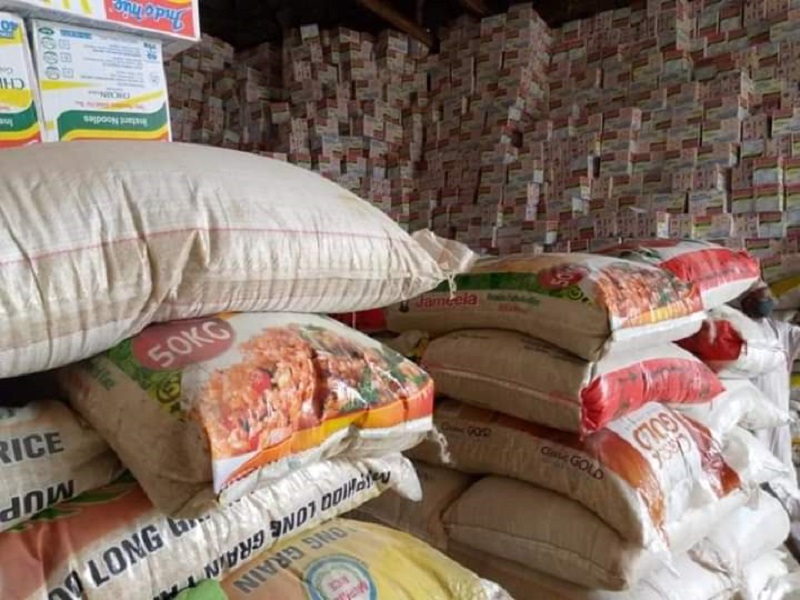Students also need palliatives
Over two million students across the country are being affected by the current economic and security challenges in the country. Many students across the country are facing these challenges as a result of government measures, especially the removal of fuel subsidies. We believe it is crucial to address them for the well-being and prospects of […]

Over two million students across the country are being affected by the current economic and security challenges in the country.
Many students across the country are facing these challenges as a result of government measures, especially the removal of fuel subsidies.
We believe it is crucial to address them for the well-being and prospects of our nation.
Inflation has steadily eroded the purchasing power of our limited resources, making it increasingly difficult to afford necessities. The rising cost of education, housing, and healthcare, coupled with increasing food and fuel prices, places an immense financial burden on students and their families. Many students are struggling to make ends meet, and this adversely affects their ability to focus on their studies.
As students who aspire to contribute to the future of Nigeria, we understand that difficult decisions sometimes need to be made for the greater good of the nation. However, the removal of subsidies has had a profound impact on the cost of living for ordinary citizens, including students and their families. The sharp increase in fuel and food prices, in particular, has made it increasingly challenging for students to meet their basic needs.
We acknowledge the importance of fiscal responsibility and the need to address the economic challenges facing our nation. However, we implore the federal and state governments to consider implementing palliative measures to alleviate the burden of inflation on students and their families. These measures could be an increase in the scholarships and grants to assist students with educational expenses, subsidising transportation options for students to reduce the impact of higher fuel prices, and lowering the price t of essential goods and services, such as food and textbooks.
I believe that by implementing such palliative measures, the government can help students continue their education and pursue their dreams without being unduly affected by the recent economic challenges.
Students are hopeful that our concerns will be considered with the utmost seriousness; and we look forward to a positive response from your esteemed capacity, sir.
Khadija Usman Dodo, Department of Mass Communication, University of Maiduguri
